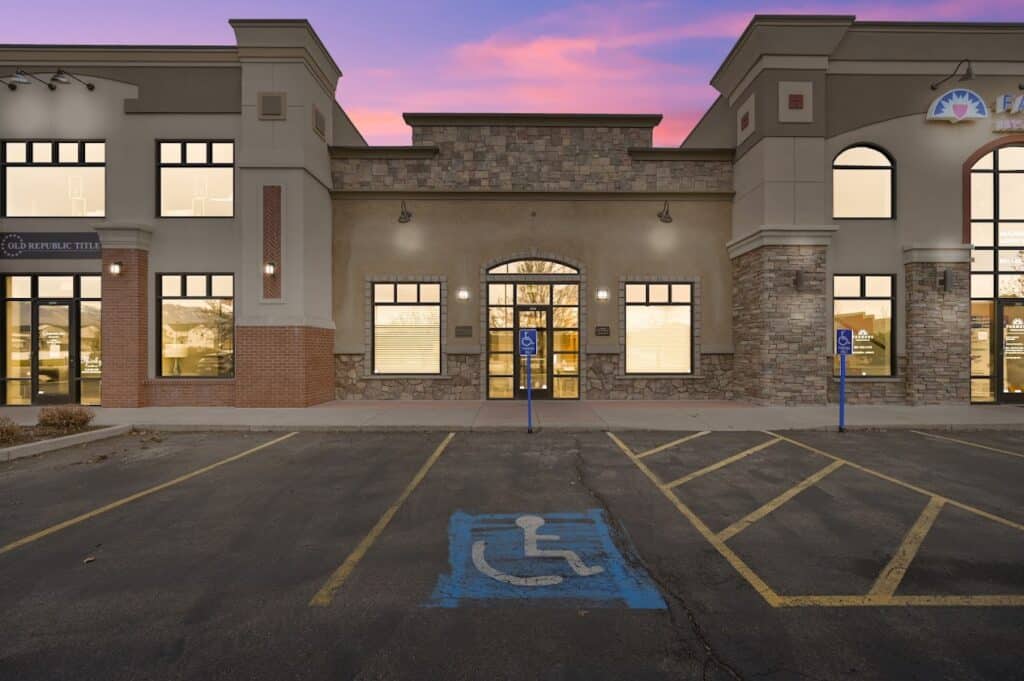Co-occurring substance use disorders refer to a situation where a person experiences both a mental health disorder and a substance use disorder simultaneously. Such co-occurring disorders can present a range of unique challenges and complications, making them particularly difficult to manage.
The impact of co-occurring substance use disorders can be devastating, affecting every aspect of a person’s life. Mental health disorders can significantly increase the risk of substance use disorders, while substance use disorders can worsen mental health disorders’ symptoms.
Some common mental health disorders that co-occur with substance use disorders include:
A process or behavioral addiction is defined as a compulsion to continually engage in behaviors despite the negative impact on one’s healthy or daily life. Substance use disorders can negatively impact a person’s physical, emotional, and social well-being. They can also lead to:

The most effective treatment for co-occurring substance use disorders is an integrated approach that addresses both the substance use disorder and the underlying mental health disorder. Such treatment typically involves several evidence-based therapies and medications. Examples include:
If you or a loved one are looking for a compassionate space to address mental health issues such as bipolar disorders, reach out to our Admissions team now at Corner Canyon Health Centers.

We are specifically formulated to offer personalized therapeutic interventions to adult individuals with mental health disorders.

We provide a comprehensive Intensive Outpatient Program (IOP) that offers clients the opportunity to attend group therapy sessions three to five times a week.
Corner Canyon now accepts most major health insurance plans. Get in touch with our admissions team today.
